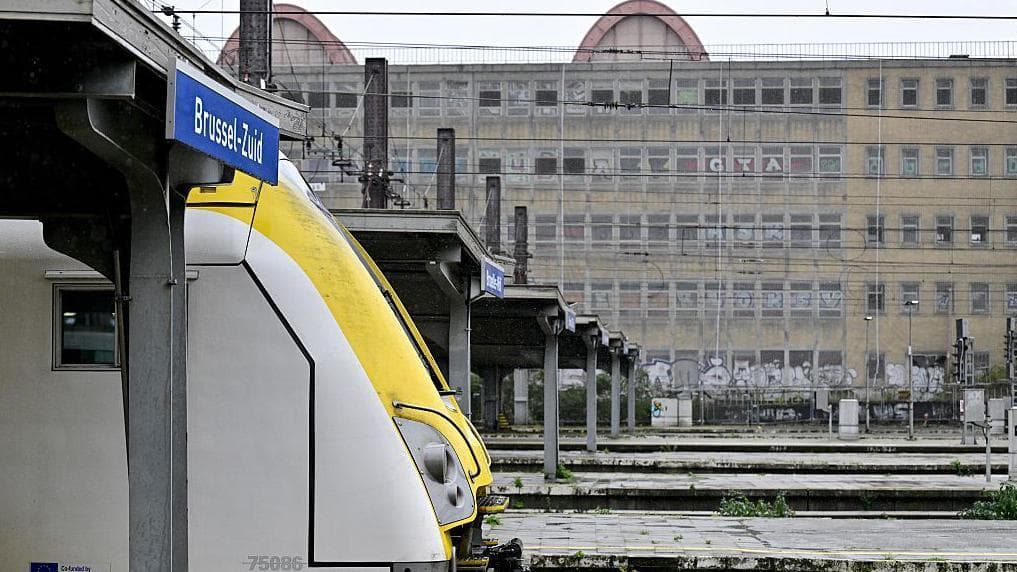We're loading the full news article for you. This includes the article content, images, author information, and related articles.
A three-day national strike in Belgium over government austerity measures has cancelled all departing flights from Brussels on Wednesday, potentially affecting Kenyan travellers and trade. The action highlights growing European resistance to budget cuts amid high national debt.

BRUSSELS, BELGIUM – Belgium is experiencing major disruptions across its transport network and public services this week due to a three-day national strike against the government's austerity plans. The industrial action, which began on Monday, 24 November 2025, is set to culminate in a general strike on Wednesday, 26 November, leading to the cancellation of all departing flights from Brussels Airport and Charleroi Airport.
The strike was called by Belgium's main trade unions in protest against the centre-right coalition government's proposed reforms to shrink the country's significant public debt. Led by Prime Minister Bart De Wever, who took office in February 2025, the government is pursuing cuts to unemployment benefits, pensions, and labour laws. These measures are a response to Belgium's public debt, which stood at 106.2% of its Gross Domestic Product (GDP) at the end of the second quarter of 2025, according to Eurostat, the EU's statistical office. This figure is well above the 60% limit stipulated by EU budget rules.
The impact on travel has been severe. Brussels Airport announced the cancellation of all 206 departing passenger flights scheduled for Wednesday, with arriving flights also facing potential disruption. Similarly, Brussels South Charleroi Airport will be closed to both departures and arrivals. The strike action involves airport security, ground handlers, and other essential staff.
Rail services have also been heavily affected since the strike began. The national operator, SNCB, is running a significantly reduced schedule, with only about 20% of normal services expected to operate. International high-speed train services, including Eurostar, have also seen numerous cancellations and delays, particularly on routes connecting Brussels with Paris, Amsterdam, and Germany. Public transport within Brussels, including trams and buses, is also experiencing major disruptions.
The Belgian government argues that the austerity measures are necessary to ensure the long-term sustainability of the country's welfare state. Early on Monday, the coalition government reached a €9.2 billion budget agreement for 2026 aimed at tackling the deficit. The plan includes targeted tax adjustments, changes to the wage indexation system for higher earners, and reforms to long-term sickness benefits. Belgium's budget deficit was 4.4% in 2024, exceeding the EU's 3% threshold.
Unions, however, have labelled the government's policies as "social dismantling," arguing that they unfairly target workers, pensioners, and the unemployed. They are demanding the government reconsider corporate subsidies and introduce new taxes on tech giants instead of cutting social protections. The reforms include a controversial 'bonus-malus' pension system that would penalize workers who have not accumulated enough working years, a measure expected to disproportionately affect women.
While there are no direct political links between the strike and Kenya, the disruptions could have indirect economic and logistical consequences. Brussels serves as a key European hub for air travel and cargo. Flight cancellations could affect Kenyan citizens travelling to or from Belgium and other parts of Europe, as well as the export of perishable goods like fresh flowers, fruits, and vegetables, which are significant Kenyan exports to the EU. In 2024, Kenyan exports to Belgium were valued at approximately US$71.92 million, according to the UN COMTRADE database.
Past disruptions at European airports have demonstrated the vulnerability of Kenya's horticultural sector, which relies on air freight for timely delivery to European markets. Any prolonged travel chaos could impact trade flows and lead to financial losses for Kenyan exporters. The East African Community (EAC) has been working to strengthen trade ties with the EU, and logistical stability is crucial for this relationship. Travellers and businesses are advised to check with their airlines and logistics providers for the latest updates on the situation.
Keep the conversation in one place—threads here stay linked to the story and in the forums.
Sign in to start a discussion
Start a conversation about this story and keep it linked here.
Other hot threads
E-sports and Gaming Community in Kenya
Active 9 months ago
The Role of Technology in Modern Agriculture (AgriTech)
Active 9 months ago
Popular Recreational Activities Across Counties
Active 9 months ago
Investing in Youth Sports Development Programs
Active 9 months ago